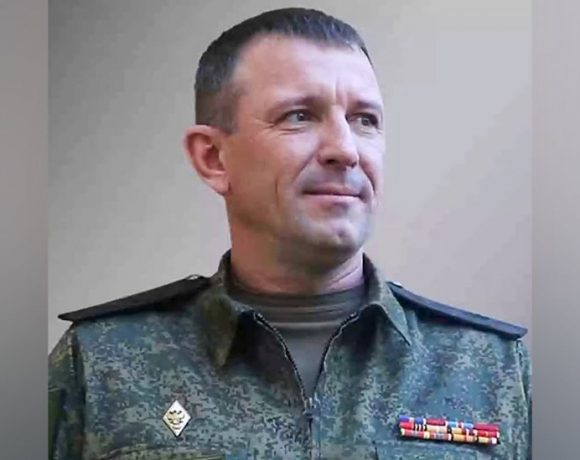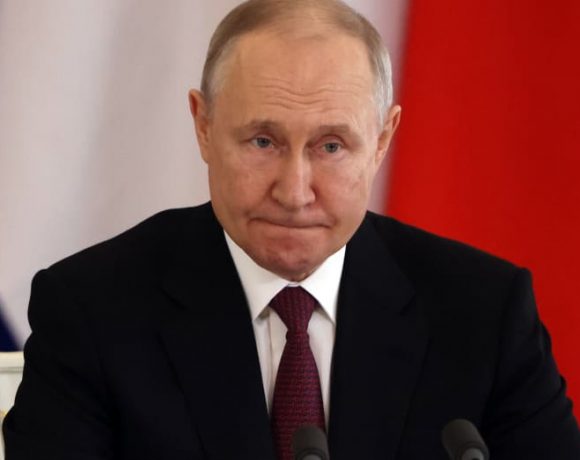
Maj Gen Ivan Popov, the former commander of the 58th Army in southern Zaporizhzhia region, has voiced concerns about the high casualty rate and lack of artillery support in a leaked voice message. He stated that he felt obligated to address these problems honestly rather than remain silent. He criticized senior commanders and accused them of treason, claiming that they demanded his dismissal, which was ultimately approved by Russian Defense Minister Sergei Shoigu. Russian military bloggers suggested that Gen Valery Gerasimov, the head of Russia’s armed forces, ordered Popov’s dismissal due to his alleged “alarmism and blackmailing senior management” when he advocated for the rotation of frontline soldiers who had suffered significant losses.
Popov expressed disappointment with his dismissal, stating that while the Ukrainian army failed to break through their front lines, the senior leadership betrayed their own forces by removing him. The Russian Defense Ministry has not yet commented on the situation. However, a senior official from the United Russia party criticized Andrei Gurulyov, the Russian MP who leaked the voice message, for turning it into a political spectacle. The official stated that Popov’s remarks were meant for closed chats among army commanders and troops. Despite this, the official praised Popov’s integrity and expressed pride in commanders like him.
Zaporizhzhia and the eastern Donetsk region have been the focal points of Ukraine’s counteroffensive, but they have encountered difficulties in breaching well-established Russian defensive lines. Another Russian MP mentioned that Gen Sergei Surovikin, a former commander who had not been seen in public since the Wagner mutiny, was “resting.” There is no official confirmation or comment on his current whereabouts. Additionally, reports emerged of the alleged death of Lt Gen Oleg Tsokov, although Russia’s defense ministry has not officially confirmed it. Tsokov was reportedly killed in a strike in Ukraine’s occupied south coast.
Picture Courtesy: Google/images are subject to copyright

